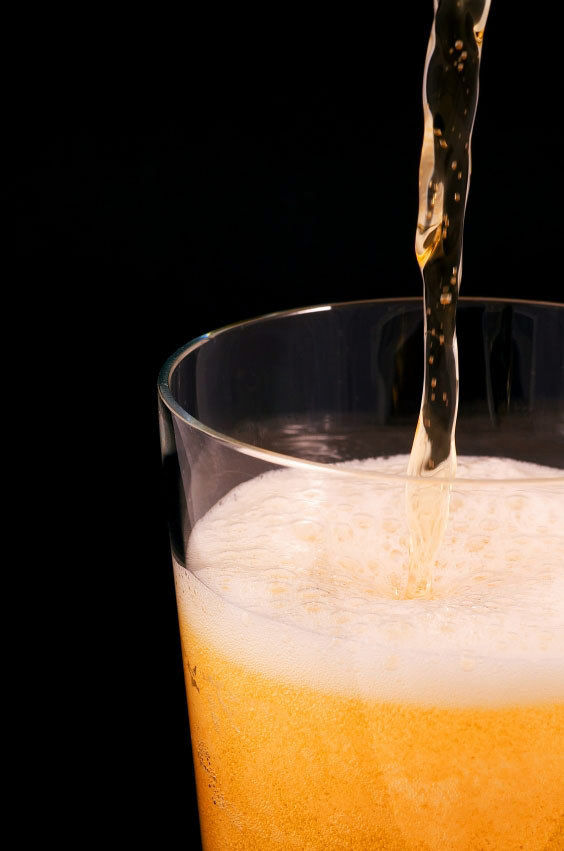Personality Trait Reveals Who Becomes a Mean Drunk

Drinking can make some people more aggressive, and now researchers have found a particular personality trait — a focus on the present, with little regard of consequences — that appears to make someone under the influence more likely to become mean.
"People who focus on the here and now, without thinking about the impact on the future, are more aggressive than others when they are sober, but the effect is magnified greatly when they're drunk," said lead study researcher Brad Bushman, a professor of communication and psychology at Ohio State University.
"If you carefully consider the consequences of your actions, it is unlikely getting drunk is going to make you any more aggressive than you usually are," Bushman added in a statement.
Related: Why people get mean when they're drunk, according to science
Alcohol is believed to have a myopic effect, causing drinkers to focus on the most important aspects of a situation while ignoring the more peripheral features. For people prone to concentrate on the here-and-now rather than on consequences, alcohol-induced myopia can exaggerate this tendency, Bushman and colleagues wrote in a study published online Dec. 8 in the Journal of Experimental Social Psychology.
The link between alcohol and aggressiveness was already clear: Alcohol was a factor in up to 37 percent of violent crimes committed between 1997 and 2008, according to the United States Bureau of Justice Statistics.
To test how personality factored in, the research team began by assessing how focused nearly 500 social drinkers were on the present, using an assessment called the Consideration of Future Consequences scale. [10 Things You Didn't Know about the Brain ]
Sign up for the Live Science daily newsletter now
Get the world’s most fascinating discoveries delivered straight to your inbox.
Then they gave some participants a drink consisting of five parts orange juice to one part strong alcohol (190 proof). Others got a glass of juice mixed with a small amount of alcohol and with alcohol sprayed onto it to give the impression of a stronger drink. All the volunteers thought they were consuming the equivalent of three or four mixed drinks.
Afterward, both groups participated in what they were told was a computer-based, speed reaction competition against an anonymous, same-sex opponent. After each trial, the winner would deliver an electrical shock to the loser, with 34 trials in all.
In reality, there was no opponent. Researchers had the participants "lose" half the time, receiving shocks of increasing intensity and length over the course of the 34 trials. (The shocks were calibrated so no participant received anything that exceeded his or her pain threshold.) The researchers observed to see who would retaliate.
The drunken participants who focused on the present shocked their imaginary opponents longer and harder than those with similar impulsive personalities who drank the placebo. Meanwhile, drunkenness had little effect for future-focused participants.
You can follow LiveScience senior writer Wynne Parry on Twitter @Wynne_Parry. Follow LiveScience for the latest in science news and discoveries on Twitter @livescience and on Facebook.











